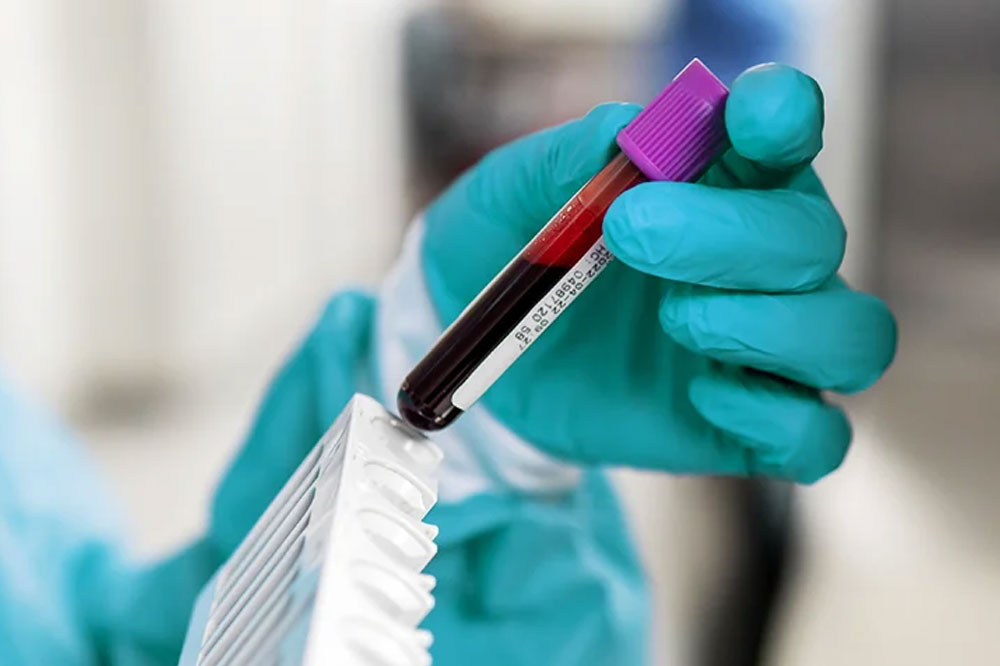What Are Abnormal Tumour Markers?
Tumour markers are substances produce by healthy cells and cancer cells. Most healthy individuals have very low tumour markers in contrast to patients with tumor marker producing cancers whereby the levels can be elevated. While abnormal tumour markers may indicate an underlying cancer there are many other non-cancerous causes that can result in elevated tumour markers. Therefore, it is important to seek medical attention when abnormal tumour markers are detected to evaluate the cause.
What Are the Common Causes of Abnormal Tumour Markers?
The most common cause of abnormal tumour markers is cancer in the body. Different types of tumours can produce specific markers; each marker’s level can vary depending on the stage and type of cancer. However, it’s important to note that not all abnormal tumour markers indicate cancer. Non-cancerous conditions, such as inflammation or certain benign tumours, can also cause these markers to rise.
Some common causes of abnormal tumour markers include:
- Cancer – Tumour markers are used alongside other tests to diagnose cancer, monitor treatment response, and detect cancer recurrence.
- Inflammation – Inflammatory conditions, such as chronic infections or autoimmune diseases, can cause an increase in certain tumour markers. These markers may not necessarily indicate cancer but can reflect ongoing inflammation.
- Benign Tumors – Some non-cancerous growths, like benign tumours of the liver or ovaries, can also lead to elevated tumour marker levels. While these tumours are not cancerous, they can still produce specific markers.
- Liver and Kidney Diseases – Liver or kidney dysfunction can affect the clearance of certain tumour markers from the bloodstream, leading to elevated levels.
- Smoking – carcinoembryonic antigen (CEA) is a common tumour marker used in the evaluation of gastrointestinal tract cancer. This tumour marker may increase with smoking.
A single abnormal tumour marker result is not enough to make a definitive diagnosis of cancer. Further evaluations and tests are necessary to determine the cause of the elevated marker levels and to arrive at an accurate diagnosis.
How Do Abnormal Tumour Markers Look Like?
Abnormal Tumour Markers are detected through a simple blood test. If the levels of these markers are higher than the normal range, it may raise suspicion of a possible tumour. However, a single abnormal result doesn’t provide a definitive diagnosis of cancer. Further tests and evaluations are necessary to confirm the presence of cancer or other conditions.
When to Seek Medical Help?
Abnormal tumor markers should be evaluated promptly unless otherwise directed by a medical professional.
What Are the Diagnostic Procedures to Identify Causes?
When abnormal tumour markers are detected, doctors may recommend additional tests to identify the underlying cause. These may include imaging studies like X-rays, ultrasounds, CT scans, or MRI, as well as tissue biopsies to examine the cells for signs of cancer. These procedures help doctors to determine the location, size, and nature of the tumour, providing crucial information for diagnosis and treatment planning.
Why It's Important to Share Detailed Symptoms With the Doctor?
Sharing detailed symptoms with your doctor is crucial as it helps them diagnose accurately and identify potential issues, including abnormal tumour markers. Early detection of cancer or other conditions leads to better treatment outcomes. If you notice any persistent or unusual symptoms, don’t hesitate to discuss them with your doctor.
Open communication empowers your doctor to provide the best possible care and take the necessary steps to safeguard your health.





